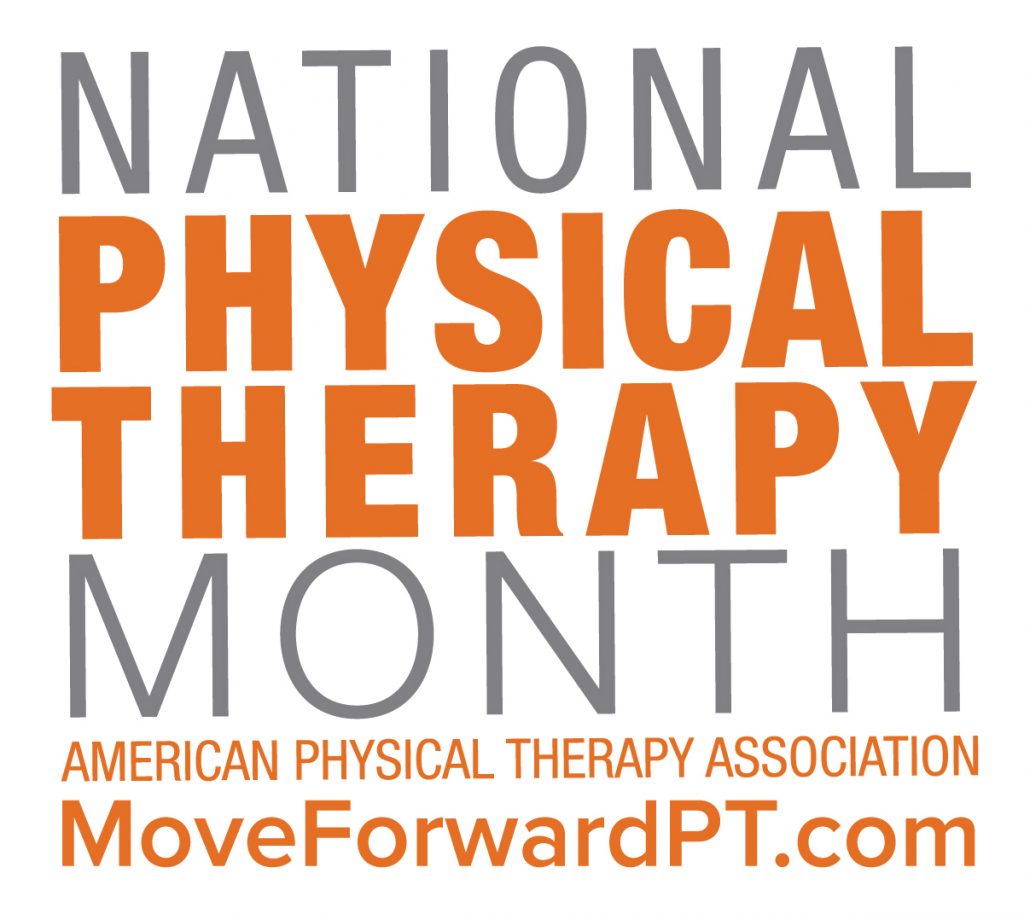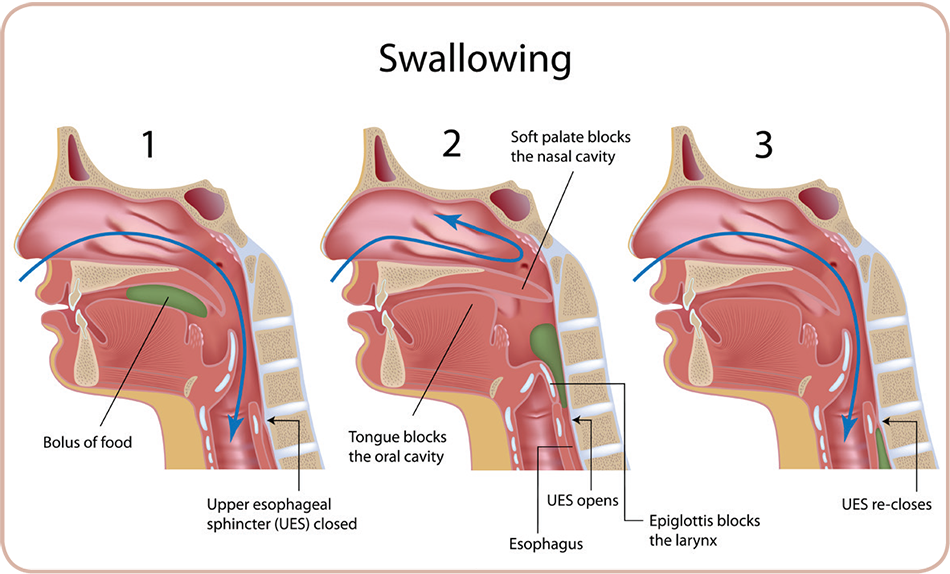Every year, the National Rehabilitation Awareness Foundation designates a week in September to educate people about the benefits and impact of rehabilitation.
Physical Therapy ◆ Occupational Therapy ◆ Speech Therapy
The goal of rehabilitation is to help an individual heal and achieve their highest level of independence possible. Physical Therapists (PT), Occupational Therapists (OT), and Speech-Language Pathologists (SLP) all work together to help individuals overcome obstacles and accomplish normal tasks of daily living. These therapists work on an individual level, which is beneficial for a range of conditions/diseases, ages and abilities.
Physical Therapy are experts in the examination and treatment of musculoskeletal and neuromuscular problems that affect peoples’ abilities to move the way they want and function as well as they want in their daily lives. Treatment is aimed to reduce pain and improve range of motion, flexibility, strength, endurance, and mobility.
Occupational Therapy uses goal-directed activity in the evaluation and treatment of persons whose ability to function is impaired by normal aging, illness, injury or developmental disability. Treatment goals in occupational therapy include the promotion of functional independence and prevention of disability.
Speech-Language Pathology (Speech Therapy) is the study, diagnosis, and treatment of defects and disorders of the voice and of spoken and written communication. Speech therapy also evaluates and treats neurological and physical disorders and conditions caused by an injury or illness.
When Can Therapy Help?
- Joint Replacements
- Post-Orthopedic Surgeries
- Balance & Gait Training
- Arthritis
- Fractures
- C.V.A (Stroke)
- Lymphedema
- Cardiac Conditions
- Pain Management
- Back & Neck Pain
- Parkinson’s
- Neurological Conditions
- Swallowing Disorders
- Language & Cognitive Function
- Generalized Weakness, or Decrease in Strength


